Lydia Loveless
Despite an early run of acclaimed alt.country albums, the 25-year-old is forging a new path on her fourth LP, Real. She refers me to the poppier, rockier, danceable sound: “I listen to a lot of pop, because it keeps me happy and stable. I still predominantly listen to seventies power pop; Tommy Keene, Paul Collins, that sorta Replacements style of rock’n’roll. I want all my records to have a different mood. If I stayed in country, that’d be difficult to achieve.”
And yet there’s no denying that her romance-obsessed, steel guitar-decorated songs still bear the genre’s thumbprints. As a kid who grew up troubled near the town of Coshocton, she recognises that country will always be under her skin. “That’s something I’ll never get rid of” she says. “My soul is very country just from growing up there. I definitely have that sense of injustice. Coshocton is a small town. Very religious, very redneck. I always felt odd-man-out, but I’ve come to embrace that.”
By the time she was 14, Loveless had skipped town. Two years later she was in the studio recording 2010’s The Only Man. But there were always issues behind the ascent; she remembers “masking pain with substance abuse” and admits that Real chronicles a dark period. “I was in a bad place when I was writing this record,” she says. “My marriage was really suffering. Major depression. I had a bit of a nervous breakdown. So I guess I was trying to rebuild myself.”
Did writing Real help?
“Yeah, once you get out of the bad place. People think if you’re in a bad place you should be making the greatest art, but you have to come out of it to make the art. That’s probably what keeps me alive. Like, ‘I have to make another album, because I can’t stay in this place for ever’.”
Real may not sell as well as Tyler’s We’re All Somebody From Somewhere, but with its unflinching honesty this material is country to the core. “It’s hard to find people who sound like they mean anything they’re saying,” she concludes. “I don’t want music to be stuck in the dark ages. I just want it to be honest.”
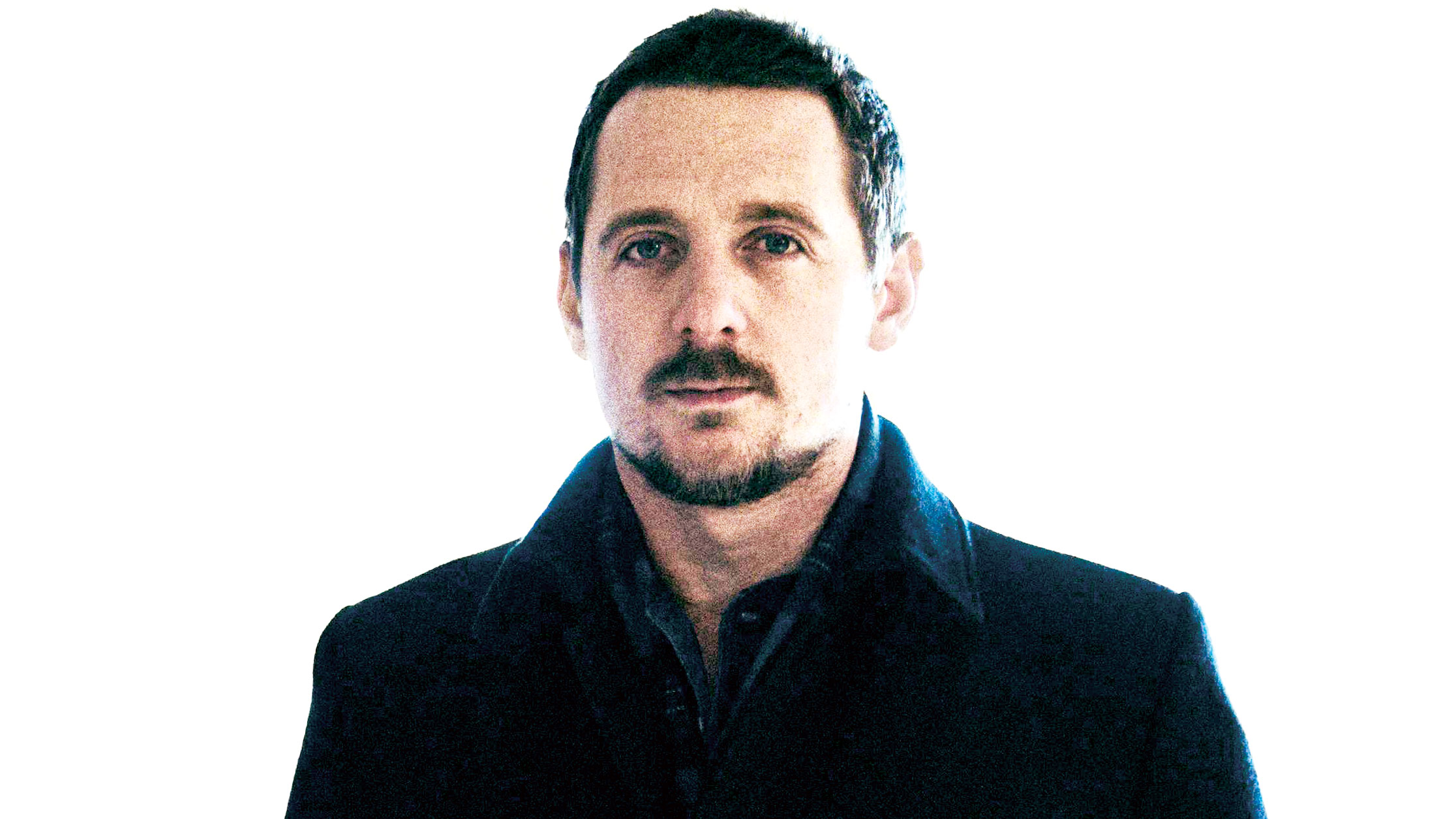
Sturgill Simpson
The Kentucky sailor-turned-songwriter was all adrift until he started making cosmic country albums about extra-terrestrials and the sea.
Sturgill Simpson’s rise to stardom has been little short of meteoric. Three years ago he was just another aspiring singer-songwriter in Nashville, stumping up his own money to record an album, only for his voice to be drowned out amid a sea of slick bro-country and Music Row pop.
Now he’s being fêted as country’s big-shot saviour. He’s shared stages with John Prine, Merle Haggard and Willie Nelson, appeared on US TV shows including Letterman and Conan, and packed in audiences across the States and Europe. Last September he was voted Artist Of The Year at the Americana Awards and, more recently, scored a No.3 album on the Billboard chart.
“It all feels a bit foggy,” he admits, prior to going on stage at a sold-out gig in Oslo. “When you’re on the train it’s hard to tell how fast it’s going. The last three years have felt like ten, because so much has happened.”
It’s not difficult to understand his popularity. Blessed with a majestic voice that places him in the great lineage of Haggard and George Jones, his countrypolitan purity makes him a banker with the traditionalists. He also appeals to the alternative set; a progressive outlaw who cites Radiohead, Tool and Nirvana for being as influential as the Stanley Brothers and the old-time bluegrass of his Kentucky roots. “I couldn’t feel more outside of that world people associate with modern country music,” he says. “I guess my music is a little weird and dark for the good-time crowd.”
2014’s blindingly good Metamodern Sounds In Country Music was a psychedelic foray into cosmology and metaphysics; a deep spiritual quest that included songs about alien life and hallucinogens. His latest album, A Sailor’s Guide To Earth, is another conceptual piece. The theme this time is family and fatherhood, with Simpson using the album as an extended communiqué to his two-year-old son and offering advice on how best to navigate a passage through life.
The nautical allusions to breakers, gales and foghorns find their musical equivalent in brassy R&B and saturated waves of strings and pedal steel: “It was about capturing the types of music I wanted to share with my son. Marvin Gaye, Van Morrison and Willie Nelson are huge influences. A lot of Willie’s earlier records were cut with the Muscle Shoals guys, and Booker T. Jones produced Stardust [1978], so it’s not a new concept for a country singer to bring in soul elements. So I thought, ‘Fuck it, let’s go for it.’”
One of the album’s most pressing directives, as expressed in Keep It Between The Lines, is to stay off the hard stuff and keep your eyes on the prize. It’s a piece of wisdom Simpson gleaned from his past. “My father was a narcotics officer and did a lot of work undercover for the state police. It was kind of tumultuous growing up, so after my parents split up I went wild. I got in trouble selling drugs and other things like that. I soon realised I needed to get away. Joining the navy was an impulsive decision. I went in about a week after leaving high school.”
At 19 years old Simpson was stationed in Japan, after which he returned home to Lexington, Kentucky and formed a bluegrass combo, Sunday Valley. He first tried his hand in Nashville in 2005, but “spent the year looking through the bottom of a bottle, pretty depressed because pop country was at its peak”. Instead he put music on the back burner and made his way to Salt Lake City and worked on the Union Pacific Railroad. Gradually he quit drinking, picked up the guitar again and started writing.
“I was disenchanted and maybe a bit nihilistic for a while. Until my wife taught me how to believe in myself. I’ve learned to stop trying to control things you can never control, just give yourself to the moment. You have to live for right now.”
For Simpson, that means making up for what he sees as lost time. “The problem with starting so late in life [he’s now 38] is that I have so many clear-cut ideas of the kind of albums I want to make, but the mechanics of the music industry work so slowly. So it’s not a case of what’s next, but which next. I have so many things to concentrate my energy on. I have this newfound clarity and focus.”
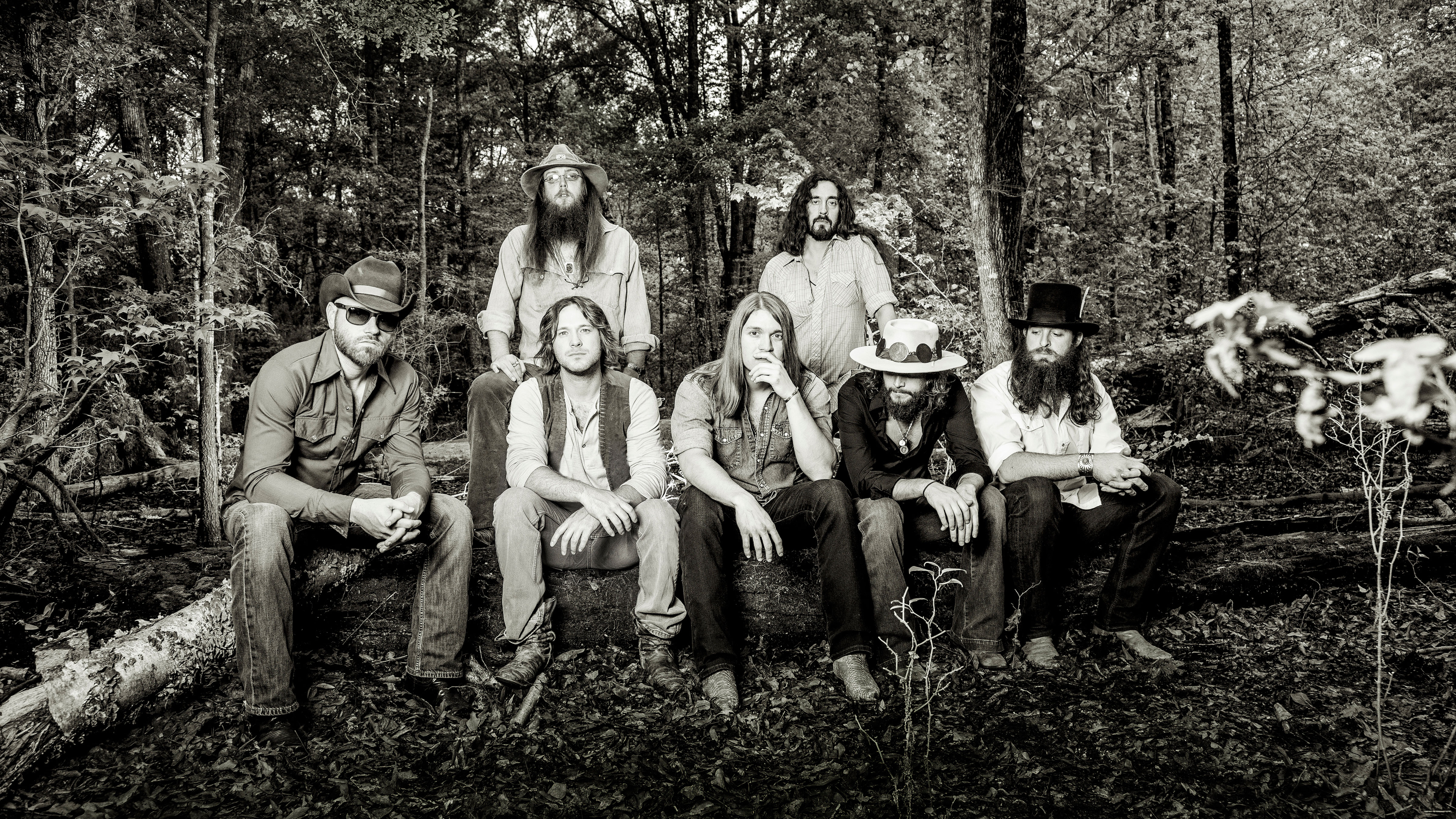
Whiskey Myers
The Texan rockers are named after a fighting rooster and have just made an album full of songs about “hoorah partying” and “real shit”.
Cody Cannon looks too sweet and clean-shaven to be a southern rocker. In another life he might have been a Hollywood child star. Or the Milky Bar kid. As it is, he’s found his calling fronting Texan five-piece Whiskey Myers, an incendiary band that, for all their strong countrified tunes and Skynyrd-fried chops, fell together rather by accident.
“We’re just country boys trying to play rock’n’roll,” Cannon, 30, says with a toothy grin, backstage at the Electric Ballroom in Camden, London. “It’s just a mixture of blues, country and rock, man. We had no great plans of grandeur, it just kind of happened. It was a case of, ‘Ah cool, we’ve got a show tonight.’ And then another. And another. And now it’s what we do.”
The guys in Whiskey Myers – named after a Mexican fighting rooster (“Our bassist’s cousin knew a guy that had one. It’s real, but a little bit secretive”) – had a rural upbringing in East Texas. Cannon’s family all worked in the penitentiary system, and he grew up in the grounds of the local prison.
“My parents couldn’t exactly take us into work,” he explains, “but there were inmates around, cos we lived right by the prison. They don’t let the bad ones outside though. I loved living there. The country’s where I feel most at peace. They had acres of river and land, we got to go out and hunt, fish… It was fun.”
When Cannon was 15 his grandfather gave him an old acoustic guitar, which he and his friend, the band’s guitarist John Jeffers, learned to play on. They were helped by Jeffers’s parents, who both played in bands. At school, though, the pair, along with bassist Gary Brown and guitarist Cody Tate, were more interested in sports than in music.
“We weren’t really artsy or anything, like you’d think,” he says. “But I grew up listening to Hank Williams Jr, Merle Haggard, Marshall Tucker Band, Creedence Clearwater Revival and stuff like that.”
By the time they turned 18, however, they’d all swapped baseball for rock’n’roll. With school finished, they upped sticks and moved to Tyler, Texas to start a band, bringing in drummer Jeff Hogg in the process.
Nine years on and they’re about to release their fourth album, they’ve toured with Lynyrd Skynyrd and ZZ Top, had their bus almost crash in the Rockies (“that was pretty scary”) and become masters of compelling, Deep South vignettes in song form. On their forthcoming new album MUD, slower songs such as Trailer We Call Home tap into their own personal experience.
“That’s my favourite kinda song to write,” Cannon says. “There’s been a lot of hoorah partying songs, and there’s nothing wrong with that, but I think it’s important to write songs about life too, real shit.”
He’s quick to highlight the country roots of their rock inspirations, from Skynyrd to the Stones.
“Our influences are so diverse, but for me I’d have to say Skynyrd are particularly inspirational,” he says. “Or the Rolling Stones or Drive-By Truckers or Creedence. I grew up listening to those guys in Skynyrd. You can hear a lot of country, blues and rock’n’roll. Even the Stones, man:Wild Horses, that’s a fuckin’ country song!”
And at the lighter, although no less real end there’s Lightnin’ Bugs And Rain, a song about fireflies and the sweet taste of their rural homeland.
“It was really raining in the mountains when we wrote that!” Cannon laughs. “It was about three o’clock in the morning. They’re really neat, lightnin’ bugs, they come out in the evening time and light up. They’re all out in the woods… Like little twinkling stars in the south in the summer,” he adds, smiling warmly.
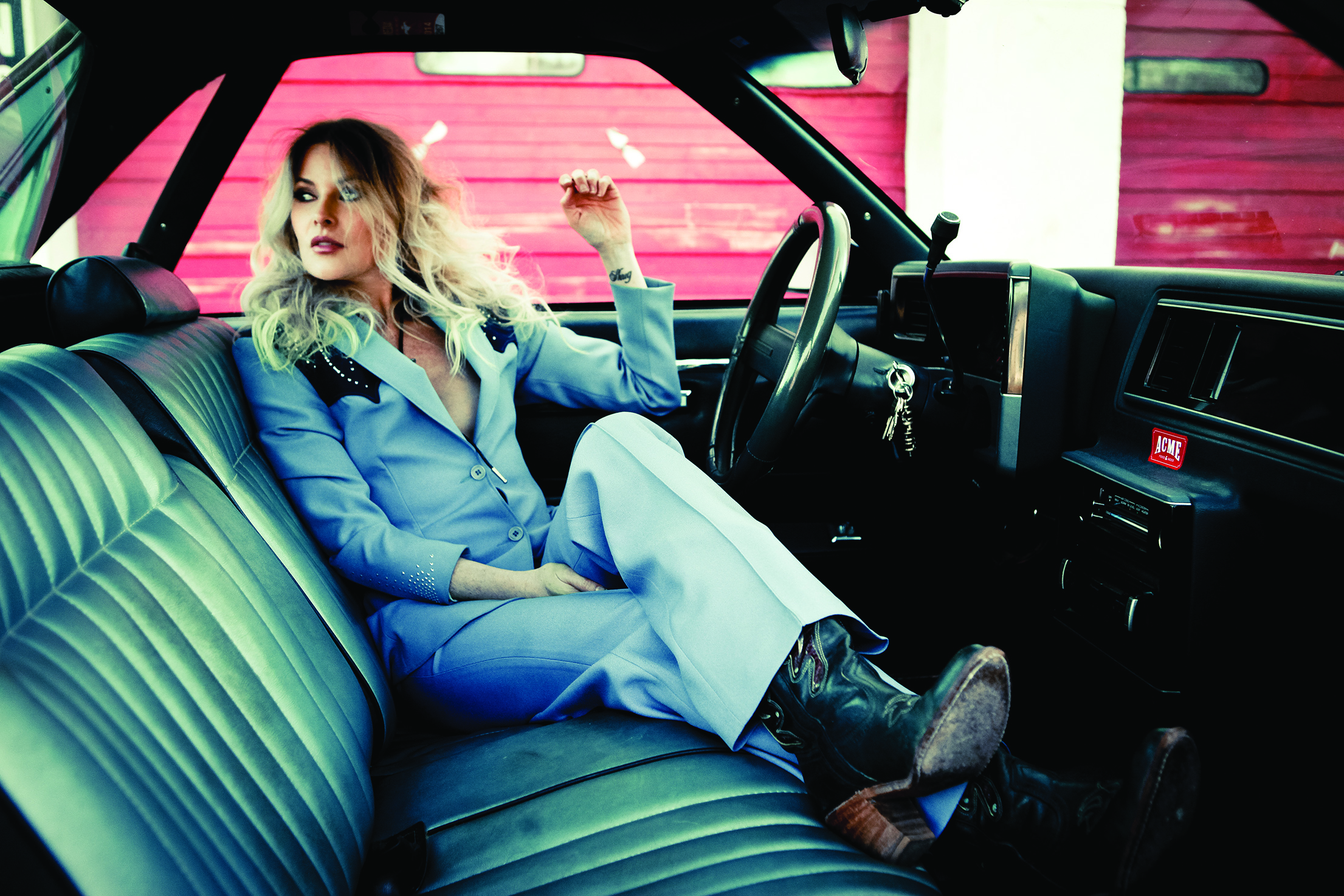
Elizabeth Cook
Death, divorce, drugs and rehab: plenty there to fuel a few storytelling songs.
As outlaw credentials go, those of Florida native Elizabeth Cook – daughter of a hillbilly singer and a moonshiner, who played upright bass in a prison band – are pretty hard to top. Her 2010 album Welder, her fifth, was a breakthrough of sorts, but this year’s mighty Exodus Of Venus is her most remarkable statement yet, relaying her trials of the past few years (death, divorce, drugs, rehab) via swampy country-blues, slashing rockabilly and bags of southern soul.
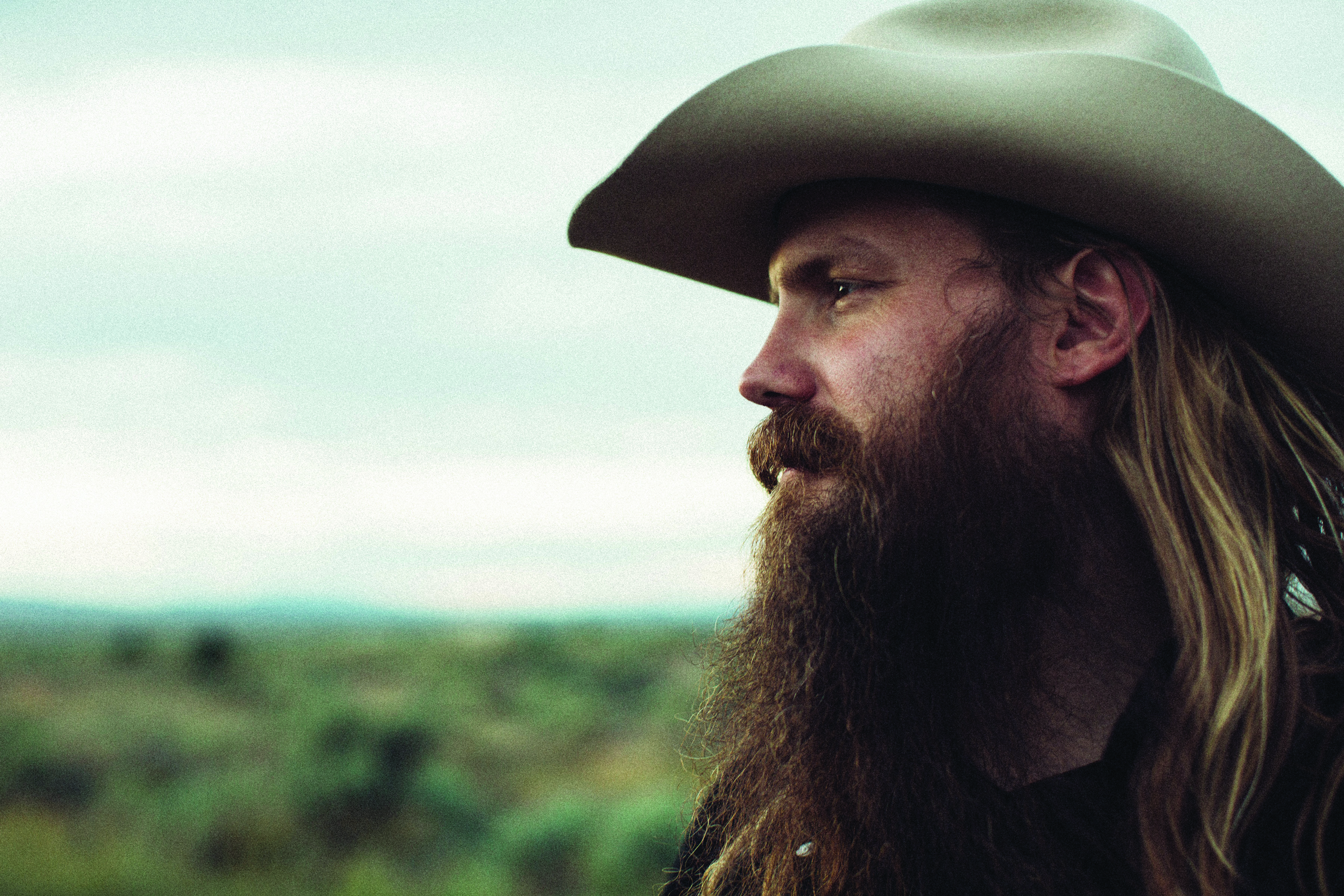
Chris Stapleton
One of country’s ‘backroom’ boys is now Nashville’s man of the moment.
After years toiling in bands and writing songs for others (including huge hits for Kenny Chesney, George Strait and Darius Rucker, among others), the million-selling success of Chris Stapleton’s solo debut album, 2015’s Traveller, made him the biggest overnight sensation in Nashville. The album’s masterful blend of classic country and bristly southern rock, tied to themes of regret and rumination, landed him the No.1 spot in the US, two Grammys and an armful of CMA awards.
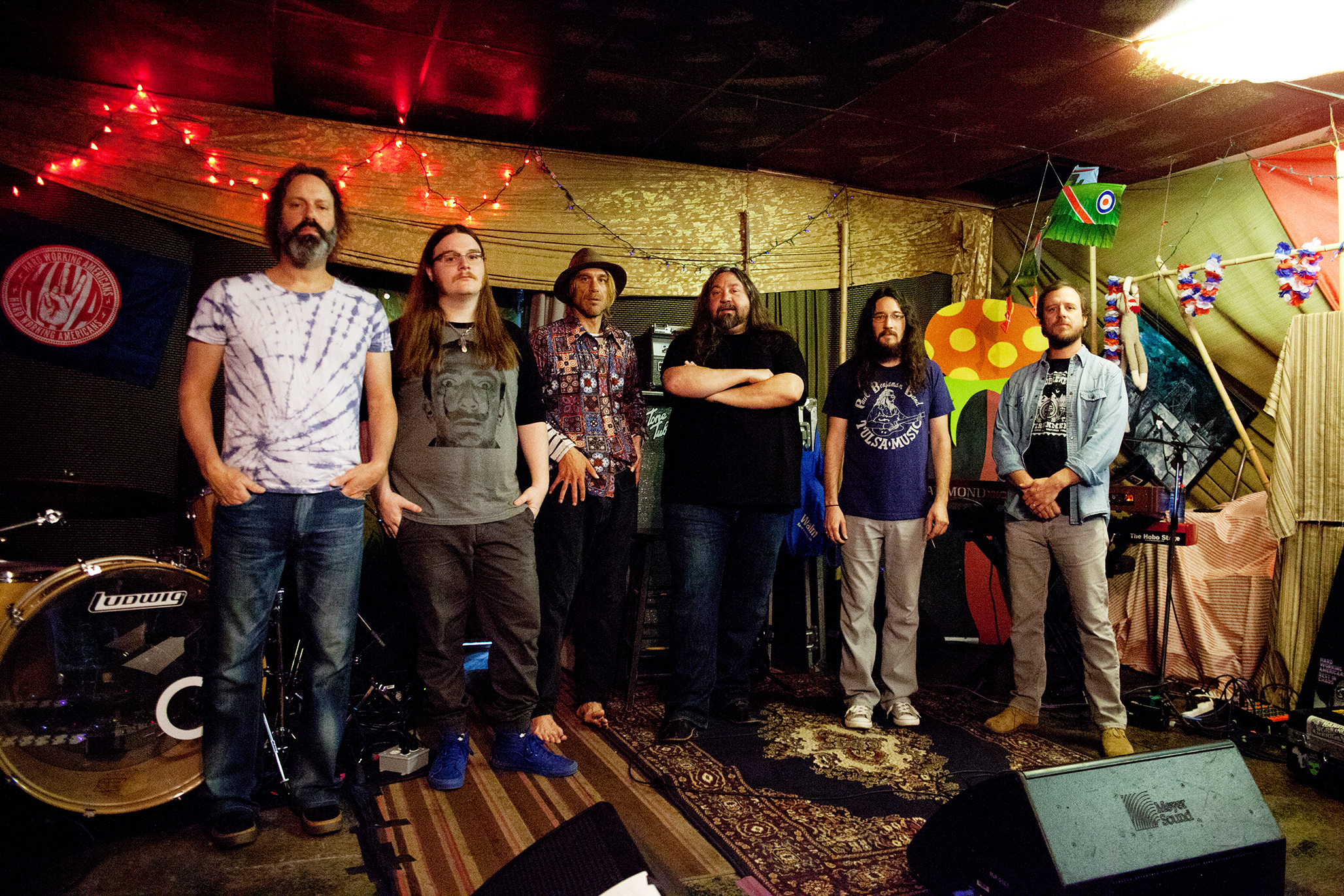
Hard Working Americans
Todd Snider’s latest band deliver country rock that packs a real punch.
The irascible Todd Snider has been making sharp, witty, literate albums for two decades in his unofficial role as poster boy for Nashville’s alternative crowd. His current project is Hard Working Americans, a six-piece that includes Duane Trucks and Neal Casal of the Chris Robinson Brotherhood and who serve up belligerent rock’n’roll, sackloads of country grit and thumping southern gospel. Their latest album Rest In Chaos features kindred spirit Elizabeth Cook and the late Guy Clark.
The 25 best country rock songs of all time

